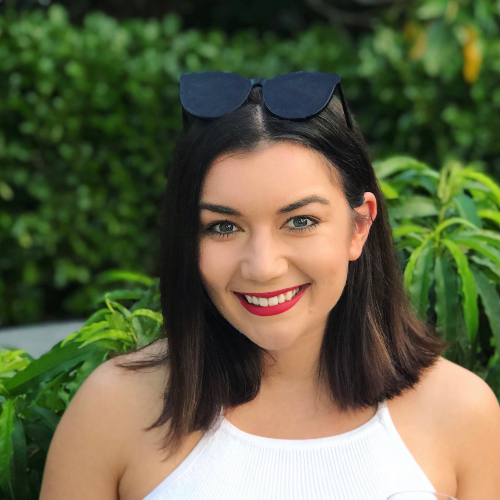
Master of Communication – MC
Refine your knowledge of the theory and practice of communication with a Master of Communication from Victoria University of Wellington.
The people you work with and learn from are an important part of your studies. Learn who the teaching staff are and hear what the programme is like.
Academic staff
- Kim CannadyKim Cannady—Nordic and Arctic music, popular music, migration and refugee studies, music ethnography
- Tim CorballisTim Corballis—Political aesthetics of science, especially the planetary, climate and environmental sciences, aesthetic theory, environmental humanities, new media theory, creative writing, art writing and collaboration
- Bonnie EtheringtonBonnie Etherington—Pacific/Indigenous literatures, literary activism, environmental and digital humanities, disability narratives, creative writing, and transnational literatures
- Alfio LeottaAlfio Leotta—Relationship between film and tourism, landscape and cinema, national cinema, globalisation of film production, film authorship, film history, New Zealand cinema, Italian cinema, fantasy film
- Kate McMillanKate McMillan—New Zealand politics, particularly immigration, citizenship and media politics, politics of asylum-seeking and forced migration in South East Asia, New Zealand and Australia
- Sarah RossSarah Ross—Early modern poetry and poetics, early modern women’s writing, writing of the English Civil War and Restoration, early modern histories of emotion, early modern manuscript and print culture, theories and practice of editing, gender and literature
- Sydney ShepSydney Shep—Digital humanities, mātauranga Māori and data science, diasporic print cultures and transnational book history, Wellington's book trade history, edible typography, and street graffiti
- Marco SonzogniMarco Sonzogni—Translation studies, intercultural communication, world literature, creative writing
- Peter ThompsonPeter Thompson—Political economy of media and communication, media policy and industries (especially public service and funding issues), regulation of digital platforms, communication/ information processes in global financial markets and monetary systems

Dr Geoff Stahl
Senior Lecturer in Media Studies
Work closely with highly regarded academics who are passionate about their research and teaching, and get the chance to engage with a range of professionals and practitioners in a number of communications-related fields.
Developing transferable skills
When you study for a Master of Communication, you’ll get a wide of range of critical, research, and writing skills that are highly transferable and well-suited to help you excel in a variety of different contexts.
Studying at New Zealand’s communication hub
You should study Communication at Victoria University of Wellington because of its interdisciplinary approach, the diverse expertise of the lecturers, and the University’s relationship to a number of key industries and institutions that rely on communication-related skills and expertise.
Exciting opportunities
You’ll work closely with highly regarded academics who are passionate about their research and teaching and get the chance to engage with a range of professionals and practitioners in a number of communications-related fields.
You’ll also have the possibility to explore in-depth a topic of interest in the form of a research project and the chance to put into practice your learning through workplace internships.
Urban communication
My personal interest in urban communication extends quite broadly though focused on the city as a locus of communication, from music-making in the city, to semiotics and advertising in the city, to images of the city and how they shape the experience of place, to food and drink as means of communicating particular meanings and values.

Isabella Hammond
Master of Communication graduate, Communications adviser at Worksafe
The Master of Communication is structured to let us, as students, write according to our own interests.
Freedom to pursue kaupapa Māori a ‘game changer’
The opportunity for students to pursue their area of interest in the Master of Communication has been described by student Isabella Hammond as “an absolute game changer”.
In her first trimester of study, Isabella was introduced to kaupapa Māori as a research methodology. This sparked a passion that has inspired her to develop an understanding of its place within communications and the wider workplace.
“It’s helped me understand how to implement kaupapa correctly and effectively in multiple disciplines. I have no doubt this will equip me with skills that stand out as I further my career,” says Isabella.
She hopes to establish kaupapa Māori into the workplace through her Master of Communication when she graduates.
Build relationships and networks
Isabella says the programme was a highly supportive environment for forming connections with fellow students and academics.
“The MC programme has been an amazing experience and I’m very sad it’s only one year long. I’ve met great friends and formed fantastic relationships with many of my professors. It’s an experience that I’m immensely grateful for.”
Previous
RequirementsNext
How to apply

